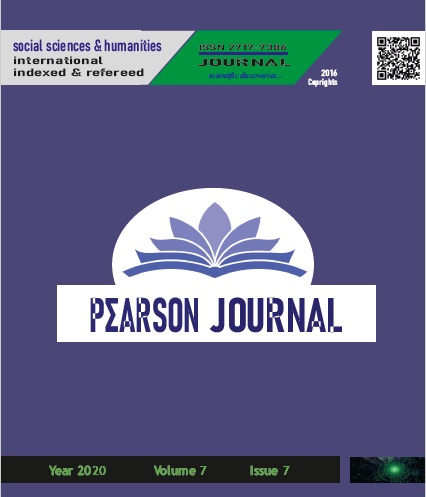The Views Of Teachers And School Administrators Related To Critical Pedagogy Principles
DOI:
https://doi.org/10.46872/pj.104Keywords:
Critical Pedagogy, School Administrator, TeacherAbstract
The aim of this study is to determine the differentiation rate of the participation of teachers and school administrators in critical pedagogy principles based on some variables. This study is quantitive in nature and designed in a descriptive survey model. The study consists of a total of 660 participants; 550 of which are teachers and 110 school administrators. The data of study has been provided by Izmir National Education Directorate and from randomly picked teachers and school administrators that are working private and state schools in a stratified sampling. As a tool of data gathering, ``Critical Pedagogy Principles Scale``, developed by Yilmaz (2009), was used. In the scale, there are 3 sub-categories; one of which is ``education system``, the other is ``functions of school`` and ``liberating school``. t-test, ANOVA, Mann-Whitney U Test, Scheffe Test and Kruskal Wallis Tests were used in the analysis of the data. According to the research findings, the participation rate of teachers and school administrators in the principles of critical pedagogy is of medium range. And in the views of participants related to critical pedagogy principles, no significant difference that originated from gender, age, professional seniority and major has been found. In the sub-dimension of “educational system”, a significant difference has been found in favour of teachers that graduated from faculty of literature and science. In “liberating school”, a significant difference has been found in degree dimension graduate teachers. The school administrators who have 21 years of experience in school administration have shown a relatively lower tendency to participate in pedagogy principles in the “functions of school” category. The teachers who work in private schools have significantly higher attitudes related to pedagogy principles than those who work in state schools.




